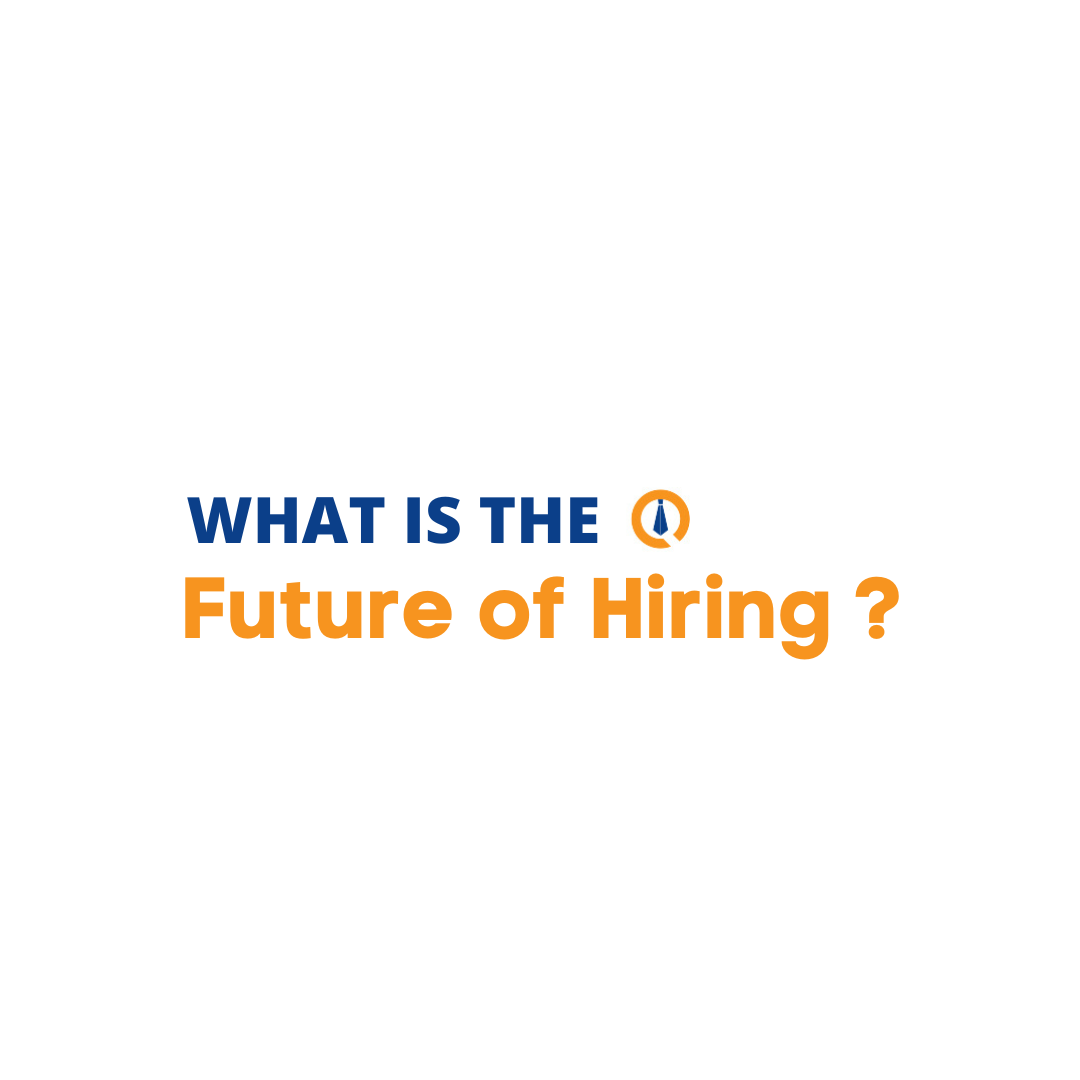







The Death of the Resume: What's the future of hiring?
Many articles discuss resumes, their importance, and their lack of relevance. We see articles on their lost significance and articles projecting their deaths. But is it the case?
Are resumes dead? If yes, what has replaced the resume? Let's find out what our experts at Recruitometry have to say about the death of the resume and the future of hiring.
The Era of Digital Portfolios
With digital profiles being available at our ease, it is often convenient for hiring organizations to filter the candidates based on digital presence. You all must have well-built LinkedIn profiles with a good sense of interaction within your respective industries. But Resumes are dead when the resumes to date have significant relevance to the Recruitment organizations.
Additionally, if you are a software engineer you must include your GitHub profile. It is an online portfolio that serves as an open source community for developers to maintain, track, and modify their code.
However, including a strong GitHub profile lets hiring managers learn more about your projects, and find intriguing projects you've contributed to. This will help distinguish you from other developers who are either underrepresented on GitHub.
So, the rumors about resumes being outdated are wrongly projected and exaggerated. Your digital presence plays a vital role in your selection, and Resumes have their significance. An intelligent applicant should always keep his Resume updated and ready while looking for a new job.
Here's what the future of hiring will support:
However, the old Resume is no longer relevant to AI and automation in the recruitment industry. But the Resume still lives and is responsible for your successful placement.
No more lengthy titles
We have all been writing all things fancy to attract recruiters for years. But today, these fancy words don't align with their hiring strategies. Recruiters have been looking at those titles and are tired of seeing repetitive phrases and sentences.
But do you know what is more relevant? It's defining who you are and what makes you different from the rest. So write your title wisely. Check for the job requirements and then provide your recruiter with what they are looking for.
Vague descriptions like "motivated engineer" are outdated
"Highly motivated Coder" with 4+ years of experience might sound interesting, but do you think motivation is all a recruiter is looking for?
A big NO!
Today Majority of recruitment companies are opting for AI to make unbiased hiring decisions and filter out what they are looking for. So when they do that, they often skip your Resume if your descriptions don't match their standard requirements.
It is always a good idea to check out the job description of the job you are applying for and try adding at least 4-6 keywords from the requirement section to your Resume. This will help your Resume stand out among others and make you more suitable for the job.
Use a different Resume for all applications.
The job responsibilities of an ERP Software Programmer and a Senior ERP Software Programmer differ. Similarly, the job requirements will be different for both. So applying for both these positions using the same Resume might backfire.
Therefore, you should constantly tailor your Resume accordingly.
The tone of your resume matters
Gone are the days when these details were secondary, and all that mattered was your experience and background. Today, how you describe your projects, skills, and experiences matters. The choice of words and tone significantly differ from the recruiter's point of view.
So write your Resume in an active voice, and avoid using past tense.
No long paragraphs, but stats
You must have noticed that we are restricted with time and only read some things. Similar is the case with recruiters. They are always restricted by time. With hundreds of job applications flowing every day, a recruiter can only read short paragraphs.
Use numbers instead. It's always better and safer. Because with numbers, you can draw more attention.
Below are some tips that you should inherit before the next time you apply for a job
Bottom line:
We hope you've cleared your doubts about the death of the resume. Resumes will be around, even though digital platforms are taking over the majority of old ways of doing things. Resumes have their relevance and significance intact to the hiring process. We hope you enjoyed our article. Suppose you are looking for a candidate or a job in the IT industry. You can contact us. We are always there for you.
Back